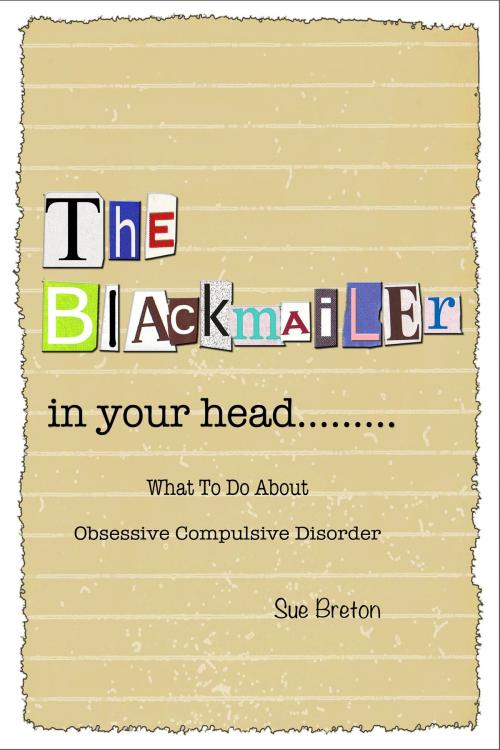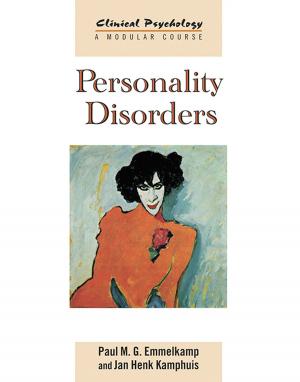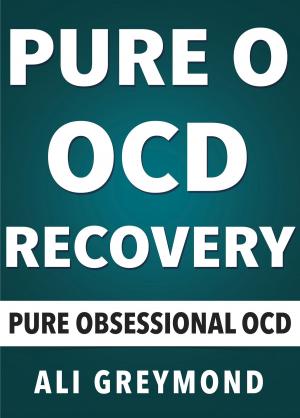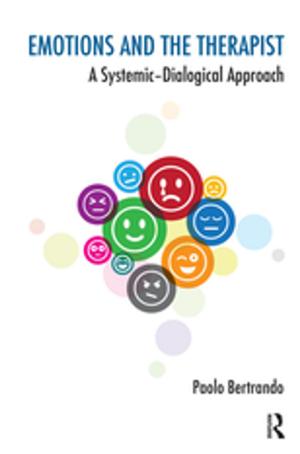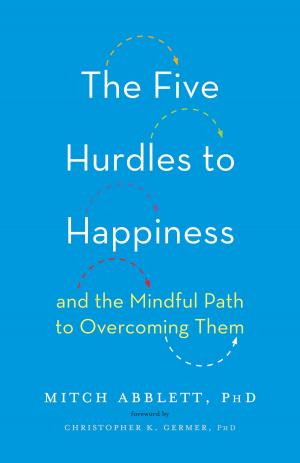The Blackmailer in Your Head: What To Do About Obsessive Compulsive Disorder
Nonfiction, Health & Well Being, Psychology, Compulsive Behaviour, Medical, Ailments & Diseases, Mental Health| Author: | Sue Breton | ISBN: | 9781311462114 |
| Publisher: | Sue Breton | Publication: | July 3, 2014 |
| Imprint: | Smashwords Edition | Language: | English |
| Author: | Sue Breton |
| ISBN: | 9781311462114 |
| Publisher: | Sue Breton |
| Publication: | July 3, 2014 |
| Imprint: | Smashwords Edition |
| Language: | English |
Obsessive Compulsive Disorder often holds its victims to ransom for years.
It is threatening, just like a blackmailer.
It makes its victims do or think things for fear that something worse will happen if they don’t.
•Do you lead a restricted life because you have OCD?
•Have you struggled for years to get over it but have failed?
•Does someone you’re close to struggle with it?
•Do you find it hard to understand why they don’t just stop doing it?
But, unlike a normal blackmailer, this one is in the victim's own head. It is purely their own thoughts. Therefore they are the only ones who can put an end to it.
OCD behaviours appear totally illogical to others who can’t understand why the sufferer just doesn’t not do it. Sufferers themselves often acknowledge that what they do is pointless, yet they just can’t stop.
The development of OCD habits is quite logical once you understand the ways in which the brain works. This book explains these mechanisms. This understanding then makes it clear why the steps described for reducing or even overcoming OCD are necessary.
The approach described here is based on Acceptance and Commitment Therapy combined with some Mindfulness. This method has been used by the author to treat patients within the NHS mental health service to good effect.
Improvement is straightforward if the steps are followed patiently one by one. There is no quick fix. Any habit that has been learned takes a while to unlearn again. The over-riding message though is that it is possible and very do-able.
Obsessive Compulsive Disorder often holds its victims to ransom for years.
It is threatening, just like a blackmailer.
It makes its victims do or think things for fear that something worse will happen if they don’t.
•Do you lead a restricted life because you have OCD?
•Have you struggled for years to get over it but have failed?
•Does someone you’re close to struggle with it?
•Do you find it hard to understand why they don’t just stop doing it?
But, unlike a normal blackmailer, this one is in the victim's own head. It is purely their own thoughts. Therefore they are the only ones who can put an end to it.
OCD behaviours appear totally illogical to others who can’t understand why the sufferer just doesn’t not do it. Sufferers themselves often acknowledge that what they do is pointless, yet they just can’t stop.
The development of OCD habits is quite logical once you understand the ways in which the brain works. This book explains these mechanisms. This understanding then makes it clear why the steps described for reducing or even overcoming OCD are necessary.
The approach described here is based on Acceptance and Commitment Therapy combined with some Mindfulness. This method has been used by the author to treat patients within the NHS mental health service to good effect.
Improvement is straightforward if the steps are followed patiently one by one. There is no quick fix. Any habit that has been learned takes a while to unlearn again. The over-riding message though is that it is possible and very do-able.
